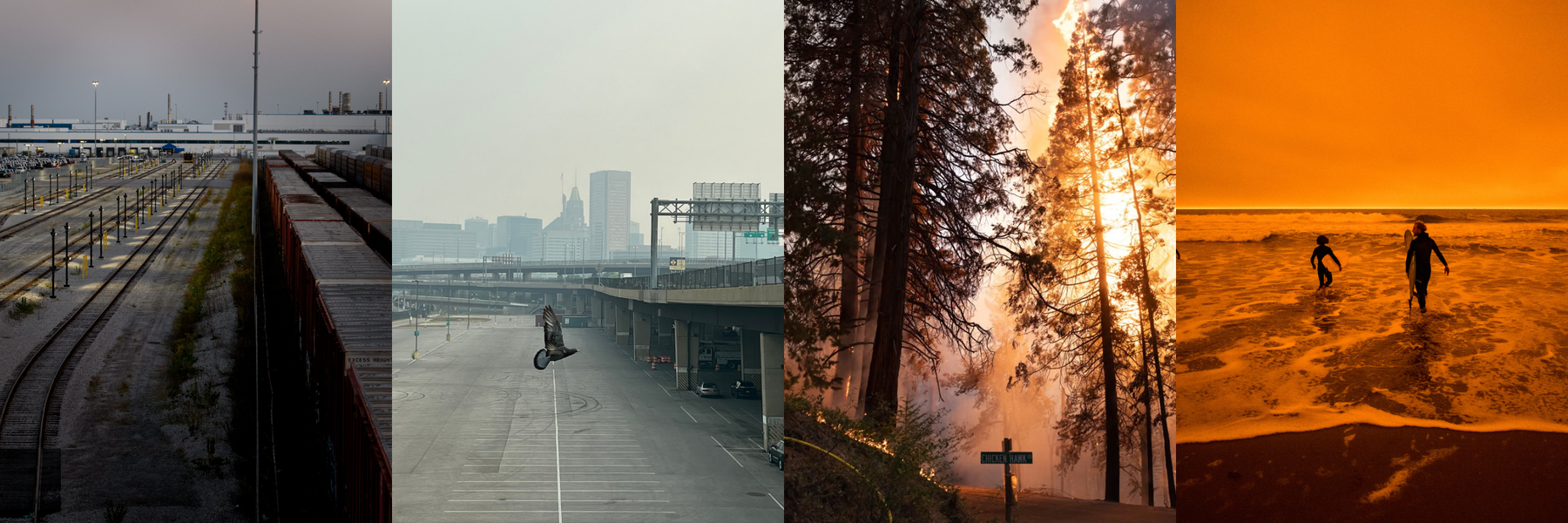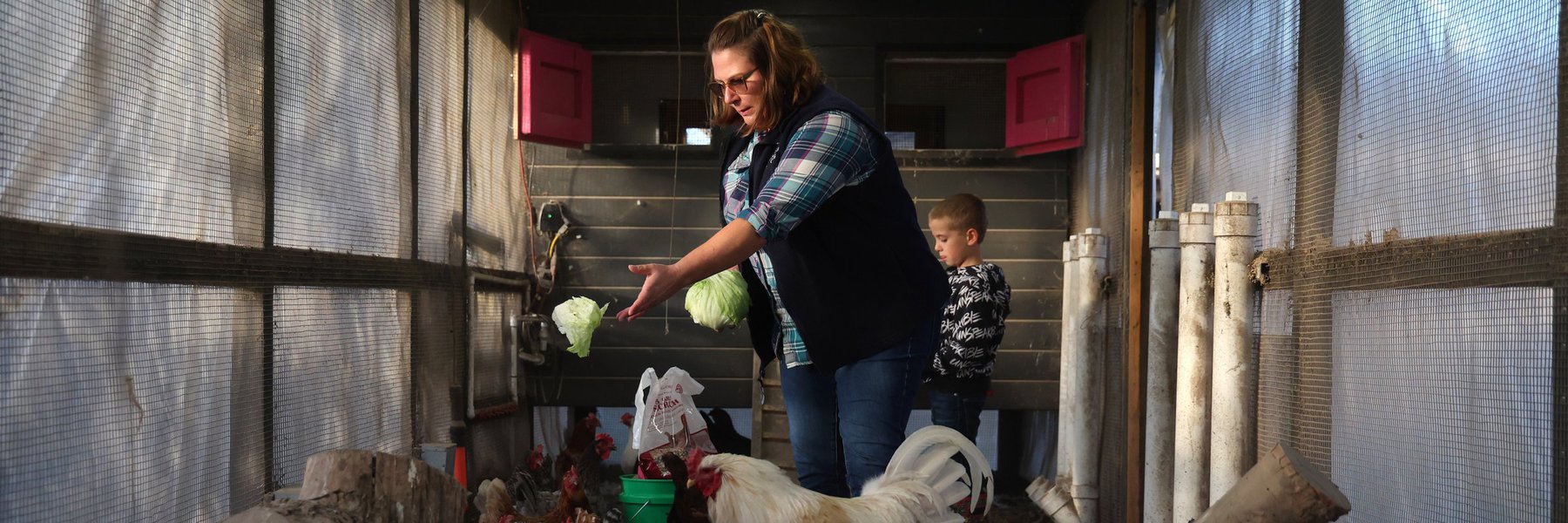C.J. Ciaramella filed his first MuckRock request in March 2013, and most recently obtained the DEA’s training materials on parallel construction. For this week’s Requester’s Voice, C.J. outlined how he learned to approach FOIA requests, and how public records bring together journalists and activists from across the political spectrum.
Where did you learn about the FOIA process?
I took a communications law class by a great First Amendment scholar—shout-out to Professor Kyu Youm at the University of Oregon.
That course gave me background on the law and case history surrounding the exemptions, but the bulk of what I know I picked up along the way by trial and error, and watching what other requesters do. The best way to learn is to copy what successful folks are doing. No shame in copying good tactics. One of the coolest things the Internet has done for FOIA is to bring requestors together to share tips and tactics.
What was your first request, and how did it go? Why did you try using public records in the first place?
I’m pretty sure my first request was to the University of Oregon, while I was studying there. I asked for some emails from the student senate listserv. The university was notorious for stonewalling public record requests. So I filed the request just to see how bad it was, and because I liked messing with the student senate. True to form, the university told me I would have to pay more than $400 for the emails. And that all student senators’ names would be redacted under FERPA, which was complete nonsense. I dropped the request. I could have appealed, but the university administration was real tight with the Oregon attorney general’s office, who would have handled my appeal. In retrospect, that was a good introduction to how public records laws work.
How often does FOIA come into play in your work, and in what contexts?
Because it’s such a crapshoot, FOIA doesn’t come into my work a lot. However, I’ve been following transparency issues at the EPA for a while now. Stuff like senior officials using secret email addresses and travel fraud. FOIA was instrumental in uncovering some of that. It started with former EPA administrator Lisa Jackson’s secret email address, but once people started pulling that string, we found a bunch of other officials inappropriately using private email to conduct government business. (The EPA Inspector General said it wasn’t an intentional attempt to skirt FOIA disclosures, for what that’s worth.)
Any particular areas that you’ve found your FOIA work moving toward?
I bounce around to different agencies and issues a lot, but right now I need to put in more requests and file some appeals on the DEA’s use of “parallel construction” techniques.
Your DEA parallel construction request drew a great response from some usual critics, who you noted had to bend over backwards to praise your work. Do you think FOIA can help journalists reach across the aisle and help us all get along?
Yeah, one thing I enjoy about doing transparency reporting is that, while groups may have different political leanings and priorities, there is a general understanding that people are working in good faith to keep the government honest.
I write for a conservative publication, but I’m in contact all the time with left-leaning groups and journalists. We all realize that without strong public record laws, none of us could do our work. It’s nice to break out of the little tribes our political conversations are usually confined to, and I wish there were more areas of common ground like that.
What’s your favorite request you ever filed? How did it turn out?
I filed a FOIA request for Jay-Z and Beyoncé’s travel application to Cuba. There were conspiratorial murmurings that Jay-Z might have used his relationship with President Obama to get a travel permit, so I put in a request with the Treasury Department. It turns out they went through an educational foundation that puts on trips to Cuba, which is how most people visit the country. Celebrities: they’re just like us!
Where does FOIA shine as a journalistic tool, and where does it fall short?
FOI laws are great for investigative journalism because they allow you to get your hands on solid evidence of what the government is up to. It’s one thing to quote someone saying, “Chris Christie’s staff shut down the George Washington Bridge just to be jerks.” Allegations can be denied. But when you get the email that says, “Time for some traffic problems in Fort Lee,” well, that’s something else entirely.
FOIA falls short because it takes so long to get documents, and some of the exemptions give such broad leeway to agencies that it’s nearly impossible to get communications on a current issue. Months and months after filing a request, you’ll get back docs with everything redacted except the most mundane stuff. It’s rare to find a smoking gun through FOIA these days, which is why reporters spend so much more time trying to find whistleblowers and leakers.
Do you think the media spends enough time filing its own requests and sifting through documents?
There are good investigative units out there doing lots of records requests, and advocacy groups usually are eager to share their FOIA docs with reporters. Honestly, I’d rather see more reporters out talking to average people than holed up in their offices.
Any tips or tricks to keep in mind as filers hunt for interesting documents?
Most of it is stuff I learned from previous installments of MuckRock’s Q&A series, so it’s kind of funny for me to be answering these questions. But:
-
If you have a “sensitive” FOIA request or are getting jerked around, request the processing notes for it to see what the agency is saying about it.
-
Always appeal if you get rejected.
-
Know as much of the laws and court precedents as you can.
-
Figure out exactly what you’re looking for and who has those records. The more specific you are, the easier it is for the agency to complete your request, and the harder it is for them to reject it. Make sure you include a time frame if you’re searching for keywords, otherwise your request will get rejected for being overly broad. Sites like the Reporters Committee For Freedom of the Press and the Student Press Law Center have good guides for filing your first FOIA request.
-
Finally, be nice to your FOIA officer.
What does your FOI process look like, from background research, to language crafting, to appeals and litigation?
Once something catches my eye, I look to see what other news reports have been written about it, and what info is already public, because filing a FOI request for something that’s already public is a huge waste of time for requestors and agencies.
After that, I figure as best I can what agency, office, and officials to target, and what time frame makes the most sense. Looking for docs in the wrong place is also a huge waste of time.
Once the language is tight, I include relevant news articles and background. This way the FOI officers and I are on the same page. If it’s an agency with less than stellar FOI compliance, I usually remind it of its obligations under the law, just so they know I’m not a chump. And off the request goes.
If my request gets rejected or there’s silly redactions, I start doing research so I can build an appeal letter. This involves reading through DOJ guidance on exemptions and court filings by transparency groups to see what cases to cite. After I find a way to include words like “capricious” and “frivolous,” I send it off.
I’ve only filed a couple of appeals so far, and I’ve yet to hear back. Fingers crossed!
How many FOIA requests do you file?
I try to file a few a month, at least. That way I’m getting a steady stream of docs back.
What will bring about meaningful policy level change in FOIA success?
The problem is the Freedom of Information Act has no teeth. Agencies can violate the spirit and sometimes the letter of the law, the DOJ can ignore its duty to enforce regulations, and there’s little to no consequences. The only thing that can make a meaningful difference is a change in the mindset at agencies, especially DOJ.
Eric Holder told agencies to operate under the presumption of openness, but until that attitude is forced on FOIA offices, nothing is going to happen.
Image via Wikimedia Commons




